
How to Teach a Prince
The making of modern Baroda: Sayajirao Gaekwad III and the power of education.
Dhīti is a blog for long form essays, expressions of civilizational voice, cinema and literature review, and more.

The making of modern Baroda: Sayajirao Gaekwad III and the power of education.
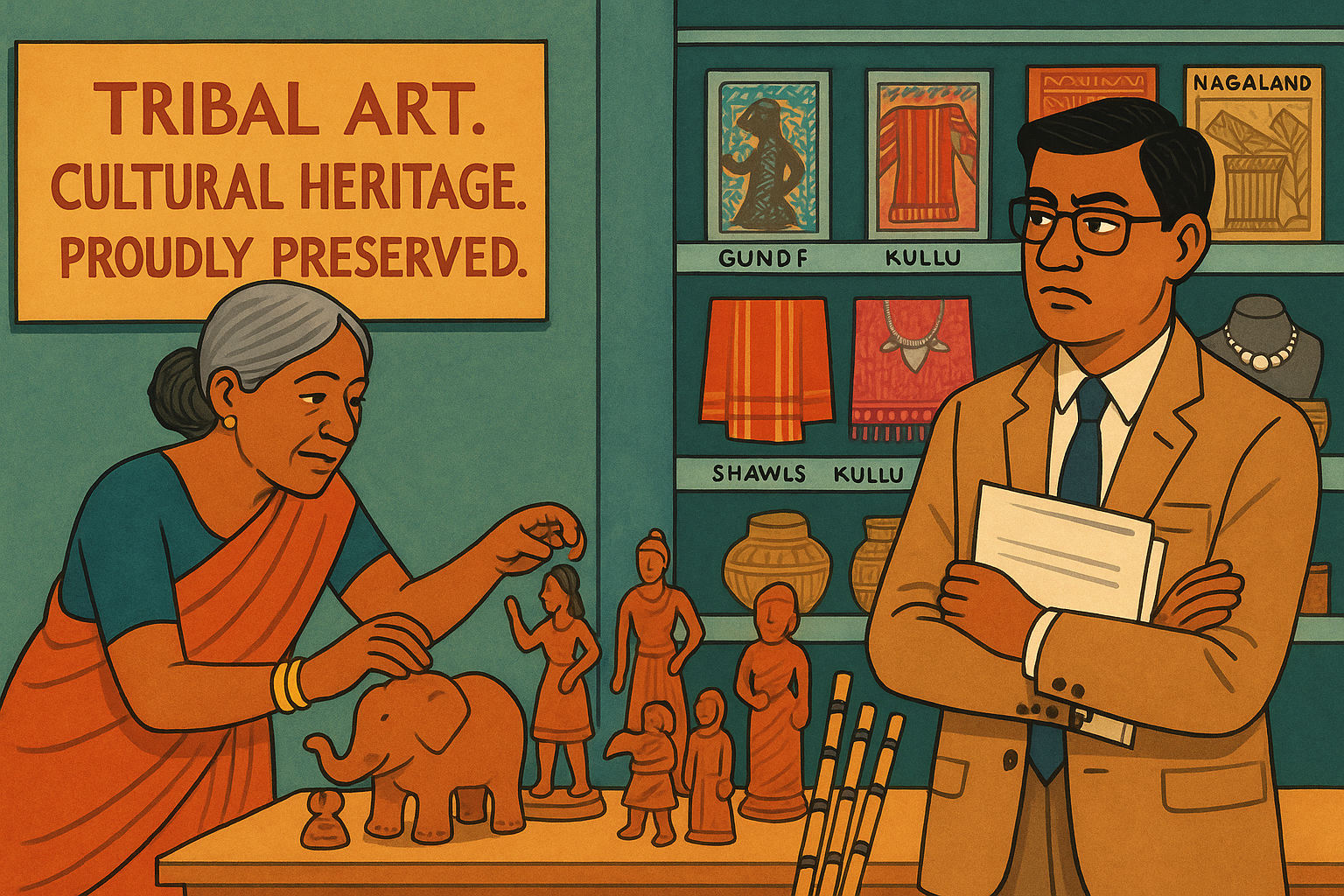
The piece reflects on the gap between how culture is lived and how it is administered, drawing on insights from anthropology, public policy, and personal fieldwork. It builds on thinkers like Akhil Gupta, James Ferguson, Ashis Nandy, Sudipta Kaviraj, and Partha Chatterjee to argue for a more dynamic, responsive, and culturally intelligent approach to policy making.
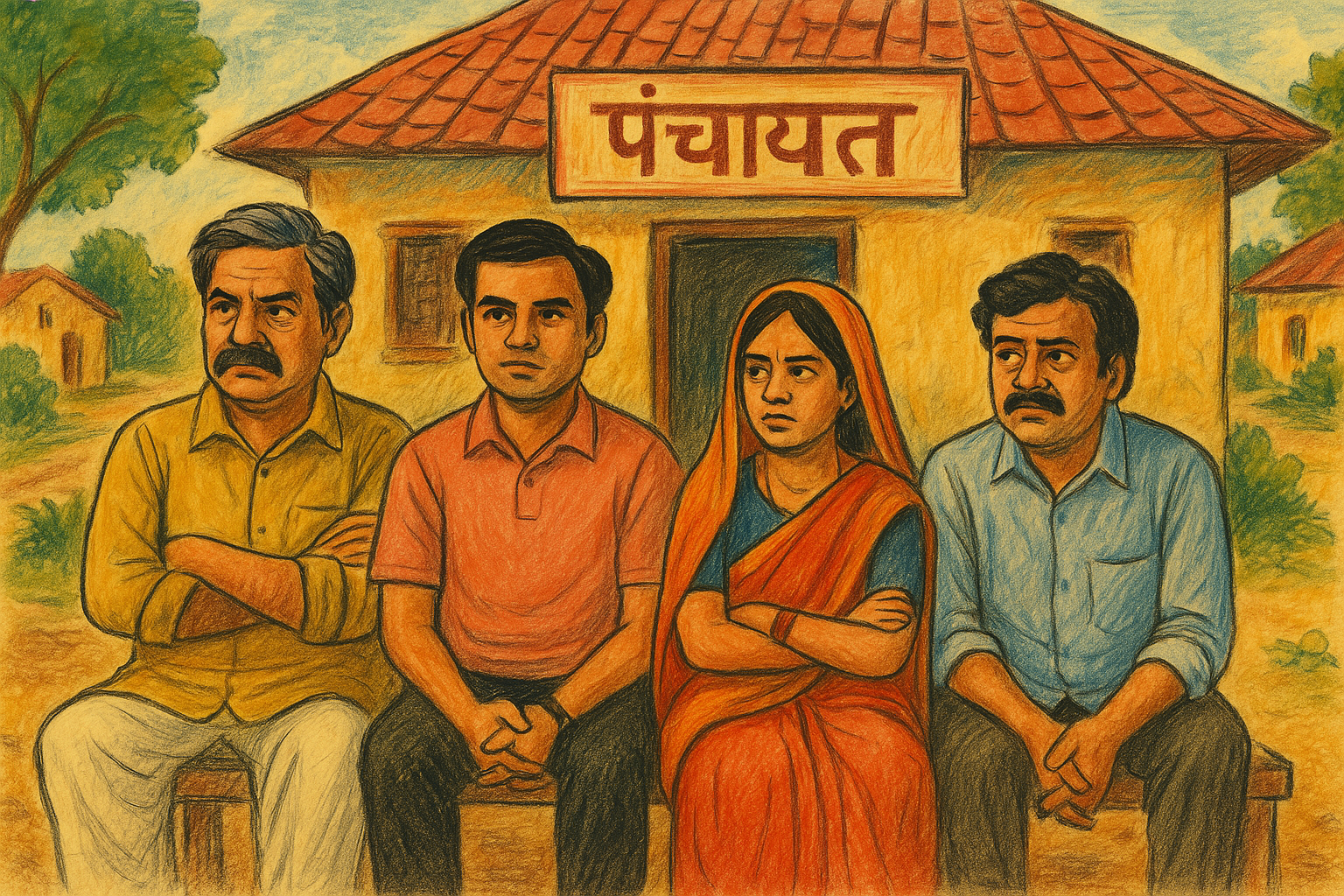
From the binaries of post-Independence cinema to the nihilism of contemporary crime dramas, and from the everyday realism of Phulera to its recent slippage into self-conscious performance, the article considers how and why the village continues to be reimagined in TV shows/movies.
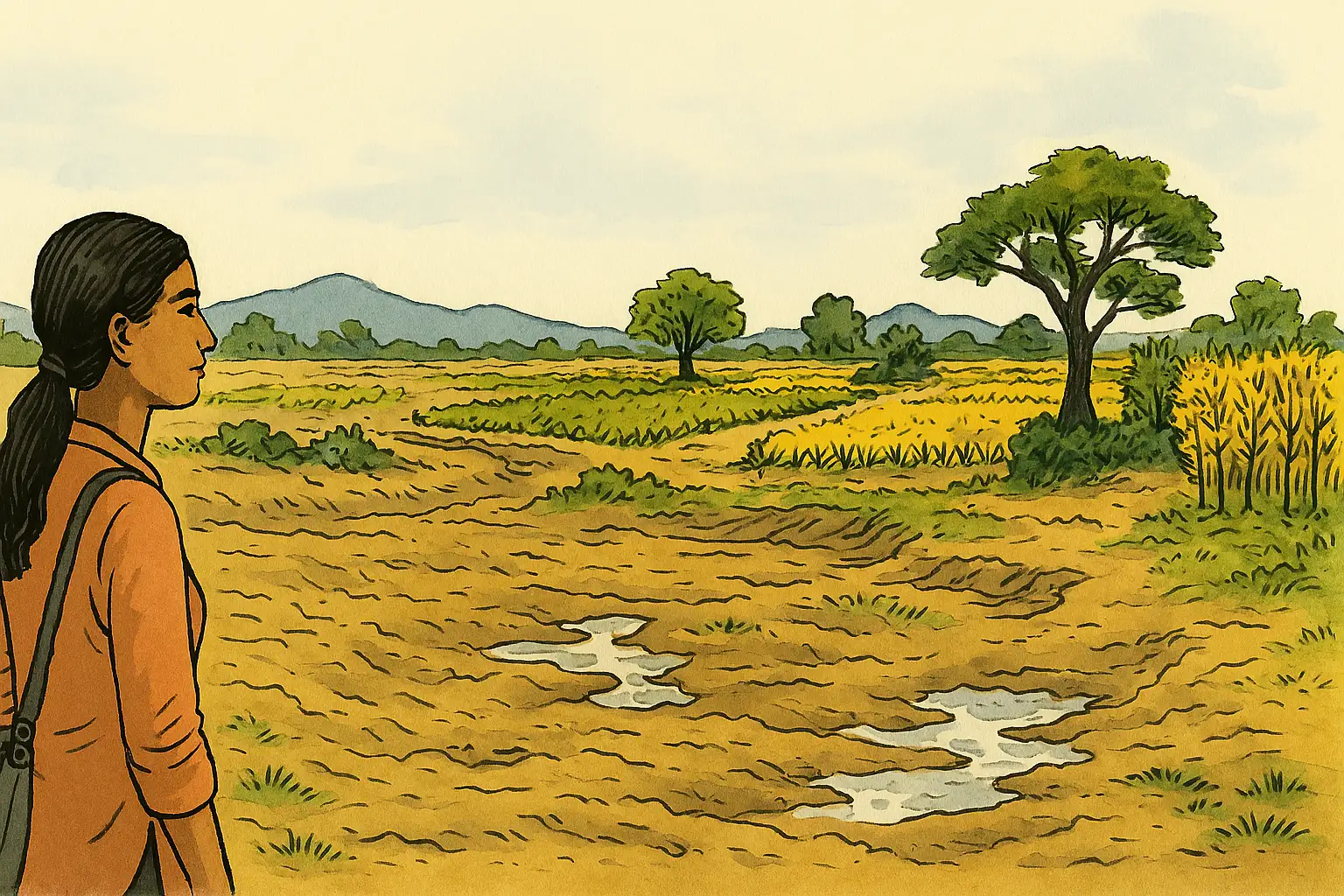
A reflective piece that traces how our developmental gaze in India has long imagined the river as a fixed line to be mapped, managed, and monumentalized while ignoring the more intimate, seasonal logic of wetness that has traditionally shaped our relationship with water.
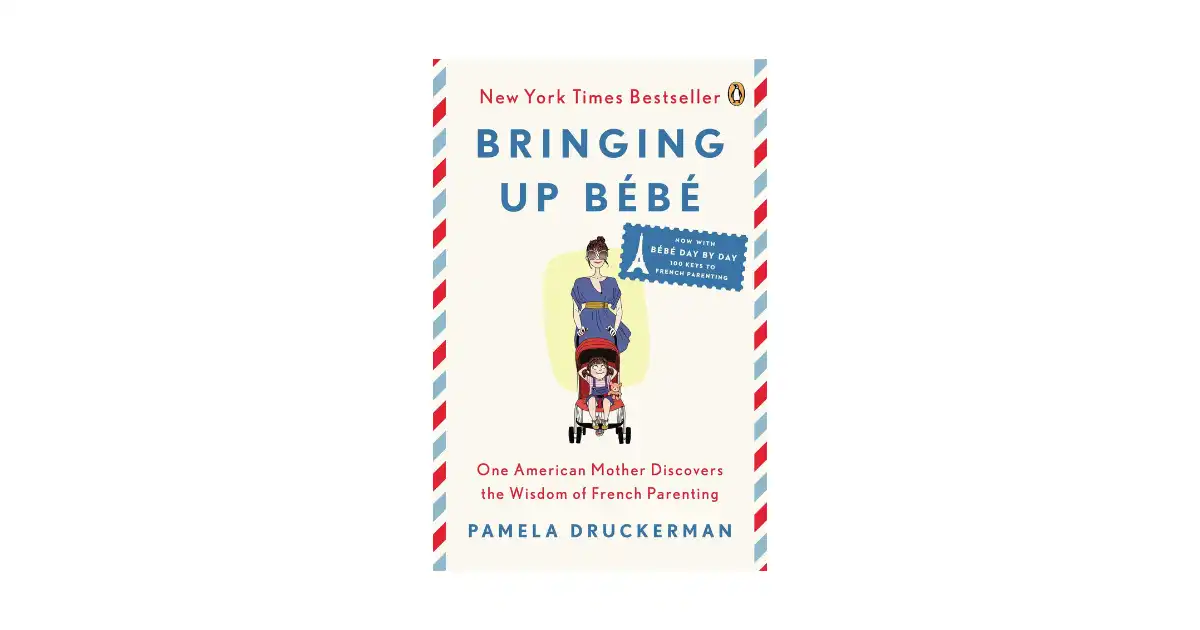
In Sikkim, a French friend’s confusion about Indian parenting set off a larger meditation on parenting, childhood, and the quiet wisdom we’ve forgotten.
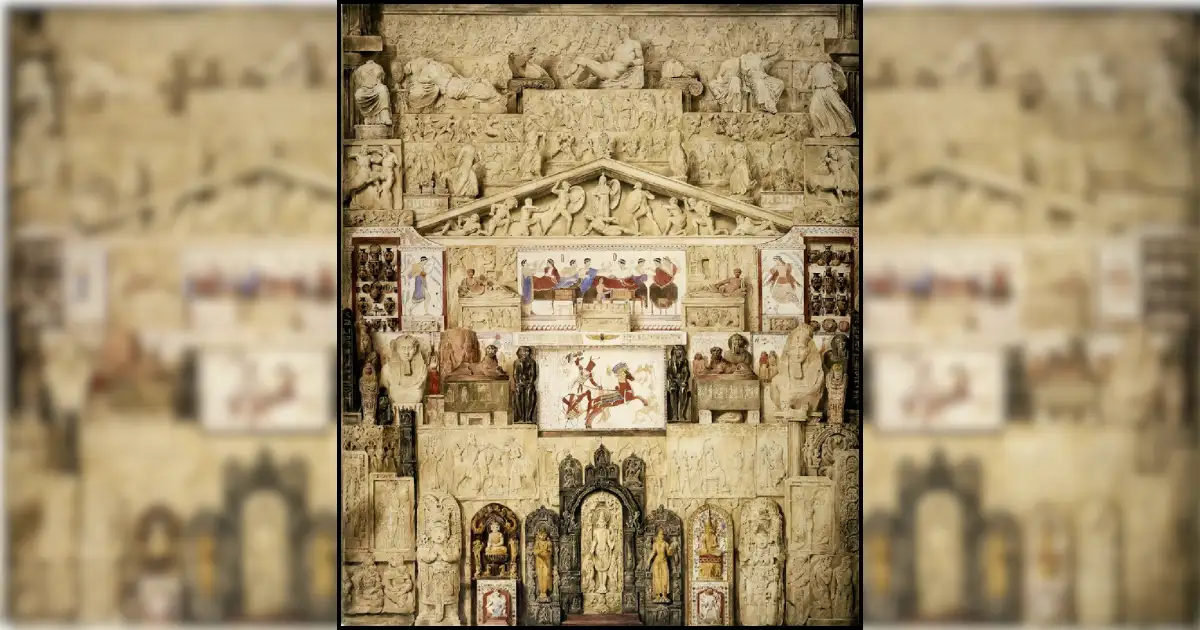
An article reflecting on James Stephanoff’s An Assemblage of Works of Art. The piece explores how museum displays and aesthetic arrangements are deeply implicated in the politics of representation, meaning-making, and epistemic control.

The piece offers a civilizational critique of Ramachandra Guha’s recent work Speaking with Nature. It attempts to foreground indigenous, Vaidika, and dhārmika perspectives on environmental ethics as lived ontology deeply embedded in our texts, practices, and lifeworlds rather than modern ideology.
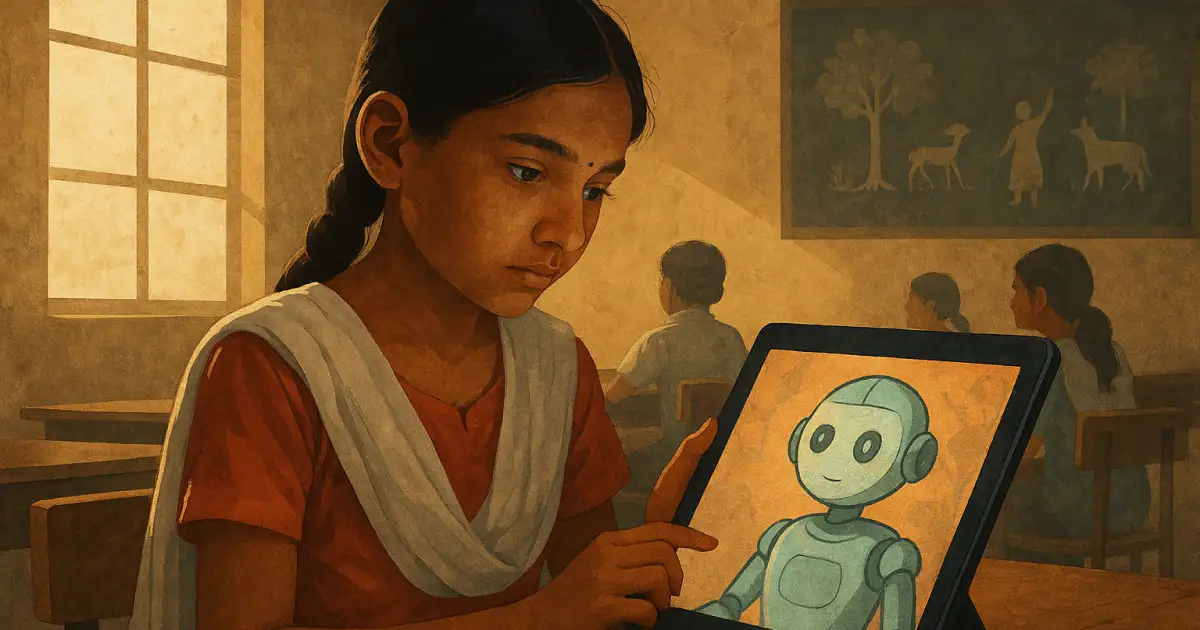
Part 2 in a series on AI and education, taking a deeper look at what is often overlooked when AI systems are introduced into learning spaces, particularly in India. A reflection on five aspects of education that AI cannot meaningfully replicate - consciousness and emotion, social interaction, adaptation and learning, physical presence, and decision-making.
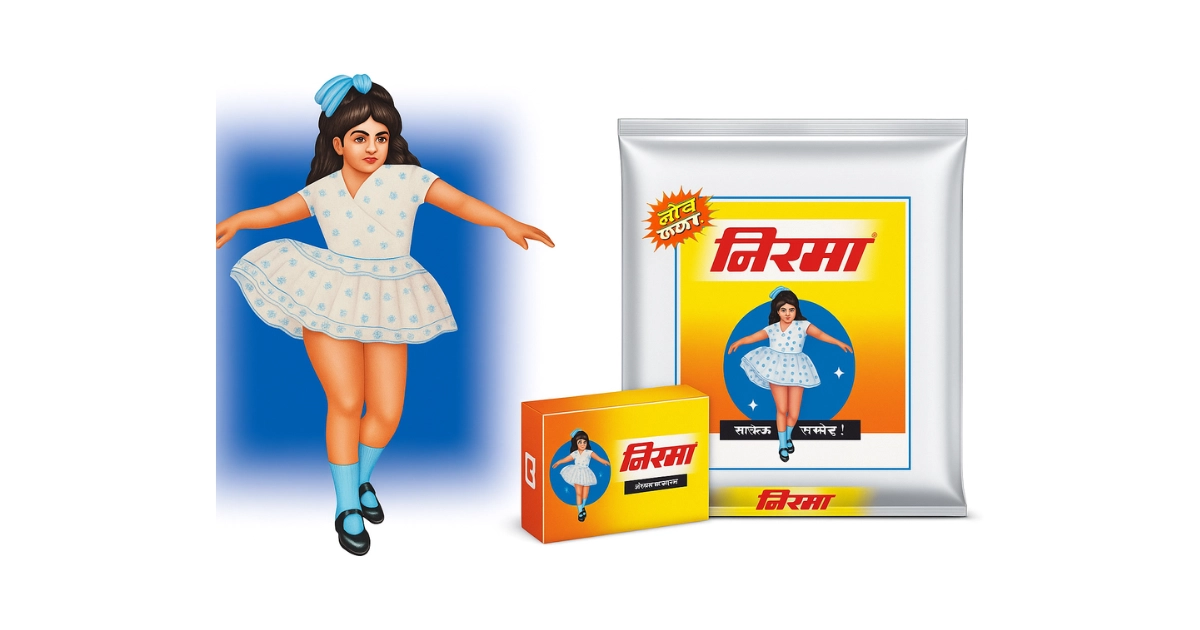
A reflection that weaves together business history and cultural storytelling, viewing Nirma not just as a brand that once dominated the detergent market but as a metaphor for India’s shifting aspirations and evolving self-image. What happens when a brand becomes iconic but forgets to grow with its audience?